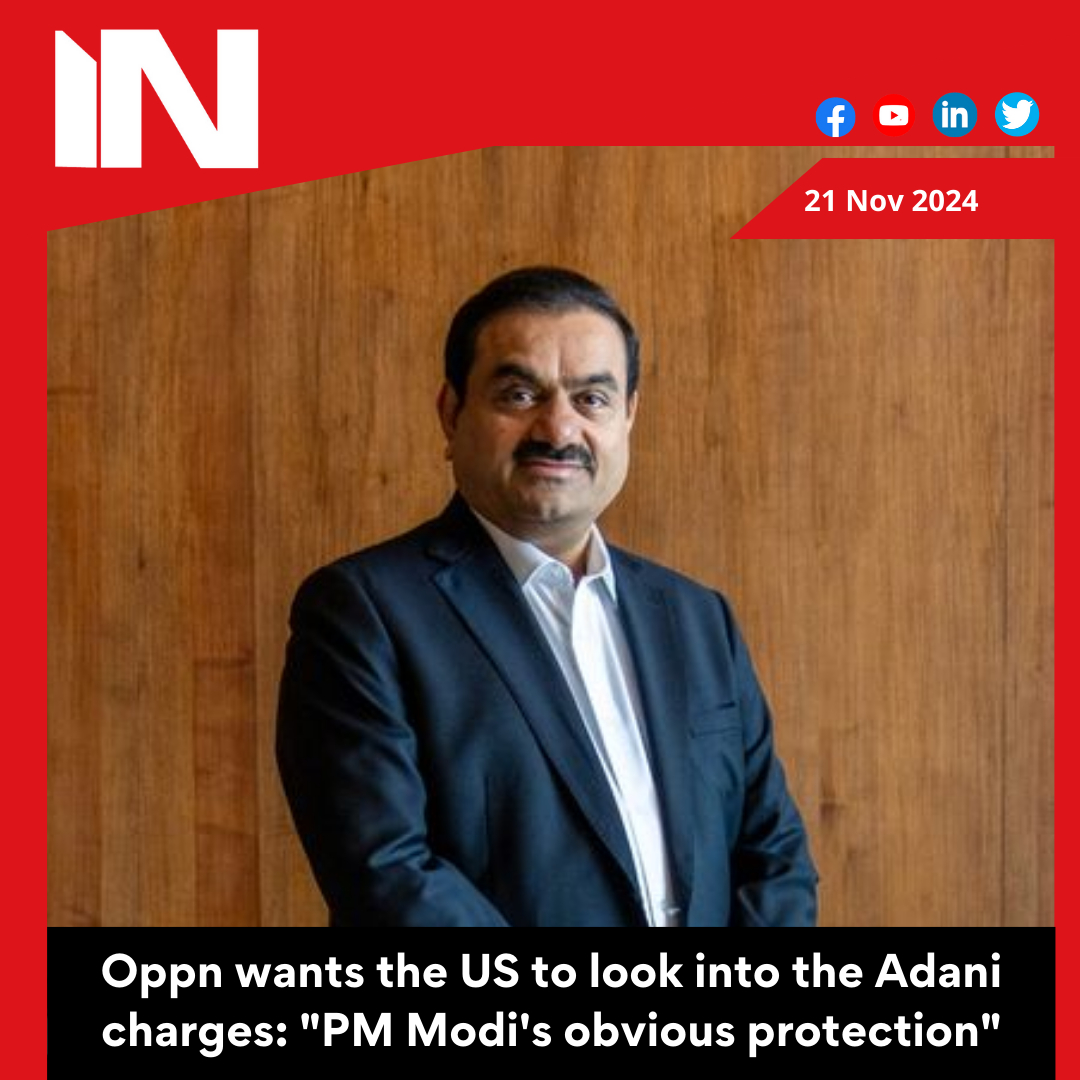India Hot Topics
PM Modi Holds Bilateral Talks With Sri Lankan Prime Minister Mahinda Rajapaksa

SSC Exam Calendar 2025
SSC Exam Calendar 2025 revised, check CGL, CHSL, SI in Delhi Police, MTS, JE and other exam dates here
-
%20(2).jpg)
%20(2).jpg) Celebrity Lifestyle1 month ago
Celebrity Lifestyle1 month agoKareena Kapoor reveals her new schedule; says she has dinner at 6pm, lights out at 9:30 pm: ‘Saif, the kids and me, we’re all cooking together’
-

 Celebrity News2 months ago
Celebrity News2 months agoAccording to Urvashi Rautela, Leonardo DiCaprio referred to her as the Queen of Cannes; online users refer to him as the “first Hollywood star to
-

 Web Series1 month ago
Web Series1 month agoFirst impression of a good boy: Don’t let “Pouty” Park Bo Gum deceive you; he’s throwing punches of his career.
-

 Trending1 month ago
Trending1 month agoThug Life Movie Review & Release Live Updates: Kamal Haasan’s Bold New Venture – Is it the Hit We Expected?
-
.png)
.png) Tollywood1 month ago
Tollywood1 month agoFour years after her divorce, did Samantha Ruth Prabhu get rid of her tattoo with the Naga Chaitanya link? Supporters are persuaded
-

 Trending1 month ago
Trending1 month agoGauahar Khan criticises Suniel Shetty’s C-section remark, reveals she suffered a miscarriage: ‘For a male celebrity who didn’t go through pregnancy…’
-
%20(1).jpg)
%20(1).jpg) Hailee Steinfeld1 month ago
Hailee Steinfeld1 month agoActor Hailee Steinfeld marries Buffalo Bills quarterback Josh Allen in dreamy ceremony
-
.jpg)
.jpg) Entertainment1 month ago
Entertainment1 month ago‘Deepika Padukone was in a relationship with me for two years, I broke up with her,’ says Muzammil Ibrahim: ‘We went on dates in a rickshaw’

%20(2).jpg)

.jpg)




.jpg)
.jpg)
.jpg)
.jpg)
.jpg)

.jpg)







